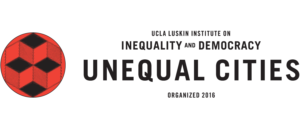Fordham Urban Law Journal
Co-authored by #UnequalCities Network member Nicholas Blomley, Alexandra Flynn, Marie-Ève Sylvestre and Nicholas Olson
Excerpt: Law is not abstract and ungrounded, but is formed through, and productive of the spaces in which it exists. Such spaces are not abstract, but inherently social and political. To fully understand the work of legal space, it is necessary to learn from those on the legal margins. The geographies of real property law are, for most of us, taken for granted. The precariously housed, however, are forced to experience only the exclusionary territorialization of private property, without any compensatory right to territory of their own. They live the “Lockean hell”: not simply are they “under the power of others — to be dominated by them or dependent on them — in respect of where one may be,” but also they must negotiate the legal reality that “that there is nowhere that [they] are in charge of, nowhere that everyone else has no right to be without [their] leave.”
Download >> Law, Urban Space, and Precarious Property: The Governance of Poor People’s Possessions


